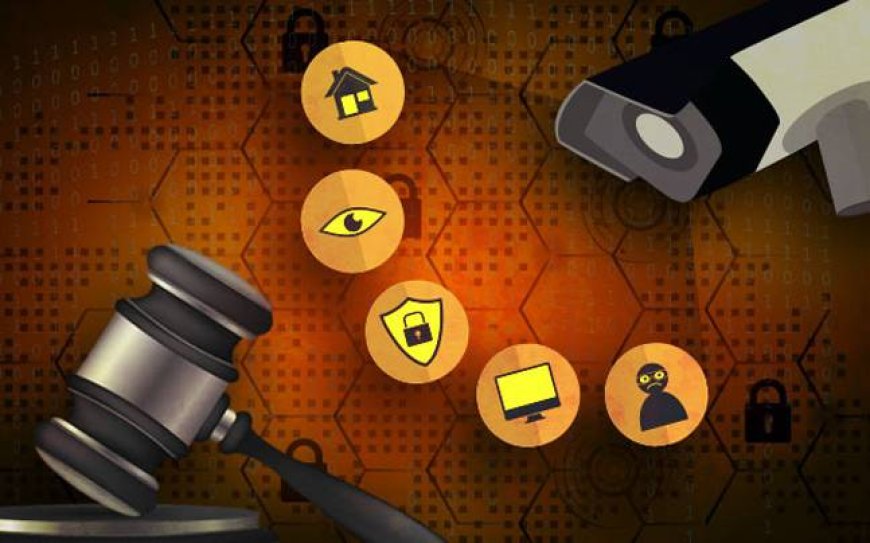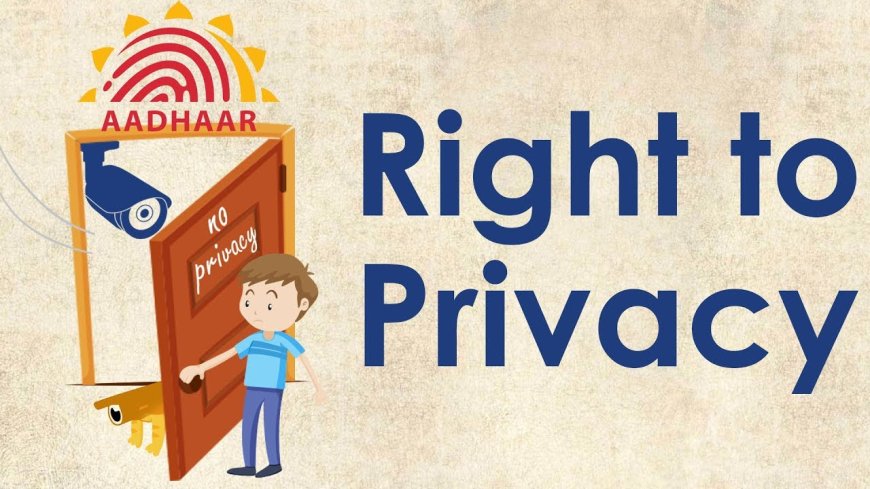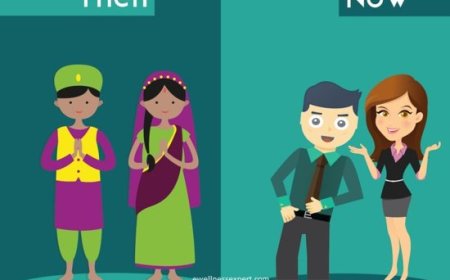Introduction: Privacy in India – A Myth?

In 2017, the Supreme Court of India ruled that privacy is a fundamental right under the Constitution. But six years later, the reality on the ground tells a different story.
From Aadhaar-based tracking to social media surveillance, privacy violations have become routine. Governments, corporations, and even cybercriminals exploit weak privacy laws to monitor and manipulate Indian citizens.
While democracies worldwide debate stronger data protection laws, India is moving in the opposite direction—normalizing surveillance in the name of national security, convenience, and governance.
The Illusion of Privacy: What’s Happening in India?

1. Aadhaar: The Silent Surveillance System
- Originally introduced as a voluntary identity system, Aadhaar is now mandatory for everything—banking, SIM cards, income tax, welfare schemes, and even school admissions.
- The government collects and stores biometric data of over 1.4 billion Indians without clear legal safeguards.
- In 2018, UIDAI admitted that Aadhaar data was leaked multiple times, exposing millions to fraud and identity theft.
Despite Supreme Court rulings limiting Aadhaar’s mandatory use, it has quietly become a tracking tool rather than an identity system.
2. Social Media & Phone Snooping: No Privacy in Conversations
- In 2021, reports revealed that Pegasus spyware was allegedly used to monitor journalists, activists, and opposition leaders.
- The IT Rules 2021 force social media platforms to trace messages to their origin, essentially breaking end-to-end encryption on apps like WhatsApp and Signal.
- The Indian government has repeatedly demanded backdoor access to user data, undermining digital privacy.
If even politicians and journalists can be spied on without accountability, how can the average citizen expect privacy?
3. Facial Recognition & CCTV Expansion: A Big Brother State?
- India is aggressively deploying facial recognition technology (FRT) across cities, airports, and railway stations.
- Delhi, Hyderabad, and Mumbai are becoming heavily monitored cities, where CCTV cameras with AI track movements in real-time.
- Reports suggest facial recognition is being used for political profiling, raising concerns of mass surveillance.
With no clear laws on the use of AI-based monitoring, who ensures that citizens aren’t being watched 24/7?
Why the Government Defends Mass Surveillance
Every time privacy concerns are raised, the Indian government justifies its actions with three standard arguments:
- National Security: “Surveillance helps prevent terrorism.”
- Public Safety: “CCTV and facial recognition reduce crime.”
- Digital Governance: “Aadhaar and data collection improve service delivery.”
While security is important, these excuses fail to answer one key question—who watches the watchers?
When citizens have no legal recourse to challenge wrongful surveillance, the government gains unchecked power over private lives.
The Global Contrast: How India Compares
While India increases surveillance, other democracies are moving towards stronger privacy laws:
- European Union: The GDPR (General Data Protection Regulation) enforces strict data privacy rights, including heavy penalties for breaches.
- United States: Courts have struck down warrantless phone data collection by law enforcement.
- Brazil: The LGPD (General Data Protection Law) limits how companies and governments can use personal data.
In contrast, India’s Digital Personal Data Protection Act (DPDP) 2023:
- Allows the government to exempt itself from privacy regulations under vague terms like ‘public interest.’
- Lacks a strong independent data protection authority to monitor violations.
- Does not give citizens the right to opt out of surveillance programs like Aadhaar and facial recognition.
If India wants to be a true democracy, it must guarantee privacy as a right, not a privilege.
The Way Forward: What India Needs for Real Privacy Protection
1. A Strong, Independent Data Protection Law
- The DPDP 2023 Act must be revised to prevent the government from bypassing privacy rules.
- India needs a GDPR-like framework, where citizens have control over their personal data.
2. No Surveillance Without Transparency
- The government must be legally required to disclose all surveillance programs.
- A judicial review system should exist before any government agency can monitor citizens.
3. Encryption & Digital Freedom Protections
- WhatsApp, Signal, and other messaging services should be protected from backdoor access demands.
- Indians must have the right to secure, private communications without government interference.
4. Facial Recognition & CCTV Laws
- Facial recognition should be restricted to criminal investigations with proper court approval.
- The use of AI-based surveillance should have legal limits to prevent abuse.
Conclusion: Privacy is Freedom
Privacy is not just about hiding secrets—it is about protecting personal freedom from state control.
When governments normalize mass surveillance, it creates a society where:
- Citizens self-censor out of fear of being watched.
- Authorities abuse their power against journalists, activists, and political opponents.
- Large corporations collect and exploit data without consequences.
Without real legal safeguards, India risks turning into a surveillance state where privacy exists only on paper.
The question is—will Indians demand their right to privacy before it’s too late?























































